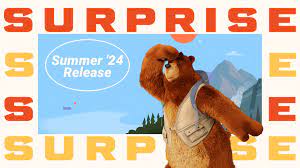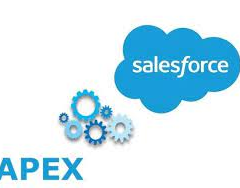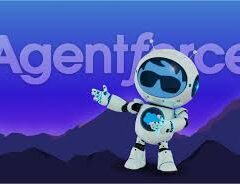Whether you’re using Lightning components, Visualforce, Apex, or Salesforce APIs with your favorite programming language, these enhancements help you develop amazing applications, integrations, and packages for resale to other organizations. Summer 24 Salesforce Development Release Notes.
- Lightning Components
Salesforce is modifying internal implementations of components and styles to prepare for SLDS architecture updates. LWC API version 61.0 providesElementInternalsWeb API support and several bug fixes. Support for third-party web components is still in beta, and open mode now gives you access to theshadowRootobject. You can also navigate to a URL-addressable component and use the Utility Bar API in LWC. - Visualforce
Check whether you’re affected when all unmanaged Visualforce pages are served on the force.com domain. - Apex
Use new Apex cursors to break up the processing of a SOQL query result into pieces that can be processed within the bounds of a single transaction. Formula evaluation in Apex is now in beta. Use SOQL in Apex and mock SOQL tests for Data Cloud objects. Understand security considerations when using Apex with Data Cloud objects. Apex now supports SOQL relationship queries that traverse up to five levels of parent-child records. Track Apex scheduled job limits, edit jobs, and view enhanced job details on the All Scheduled Jobs page in Setup. Instance methods in a subclass don’t override private methods with the same signature. Monitor limits and cumulative run time for setup methods using ApexTestResult. See enhanced error messages on deleting a class, improved logging when FOR UPDATE locks are released, and information on org, user, and My Domain names in Apex exception emails. - API
Update records using external IDs and interact with an improved OpenAPI spec sObjects REST API. The previously announced retirement of API versions 21.0 through 30.0 of the Salesforce Platform API is delayed until Summer ’25. - Packaging
Packaging facilitates the development and distribution of business apps. Use second-generation managed packages to create apps to sell and distribute on AppExchange. Use unlocked packages to develop internal business apps. - Development Environments
Development environments are full-featured Salesforce environments that you use to develop and test existing or new features and custom applications. They include Developer Edition orgs, sandboxes, and scratch orgs. - Platform Development Tools
Build applications collaboratively and deliver continuously with Salesforce Developer Experience (DX), the open and integrated experience for custom app development on Salesforce. - Heroku
Use Heroku to build, deliver, monitor, and scale innovative apps fast. Build them using popular programming languages and frameworks without having to maintain the infrastructure. - Salesforce Functions
Salesforce Functions is retiring on January 31, 2025. Learn about the retirement plan for Salesforce Functions. - Change Data Capture
Receive change events for more objects. - Platform Events
Add real-time Event Monitoring events to a custom channel. Learn about planned feature retirements for standard-volume platform events and some Streaming API versions. - Event Bus
Manage your Pub/Sub API event subscriptions. - New and Changed Items for Developers
Here is where you can find new and changed objects, calls, classes, components, commands, and more that help you customize Salesforce features.













